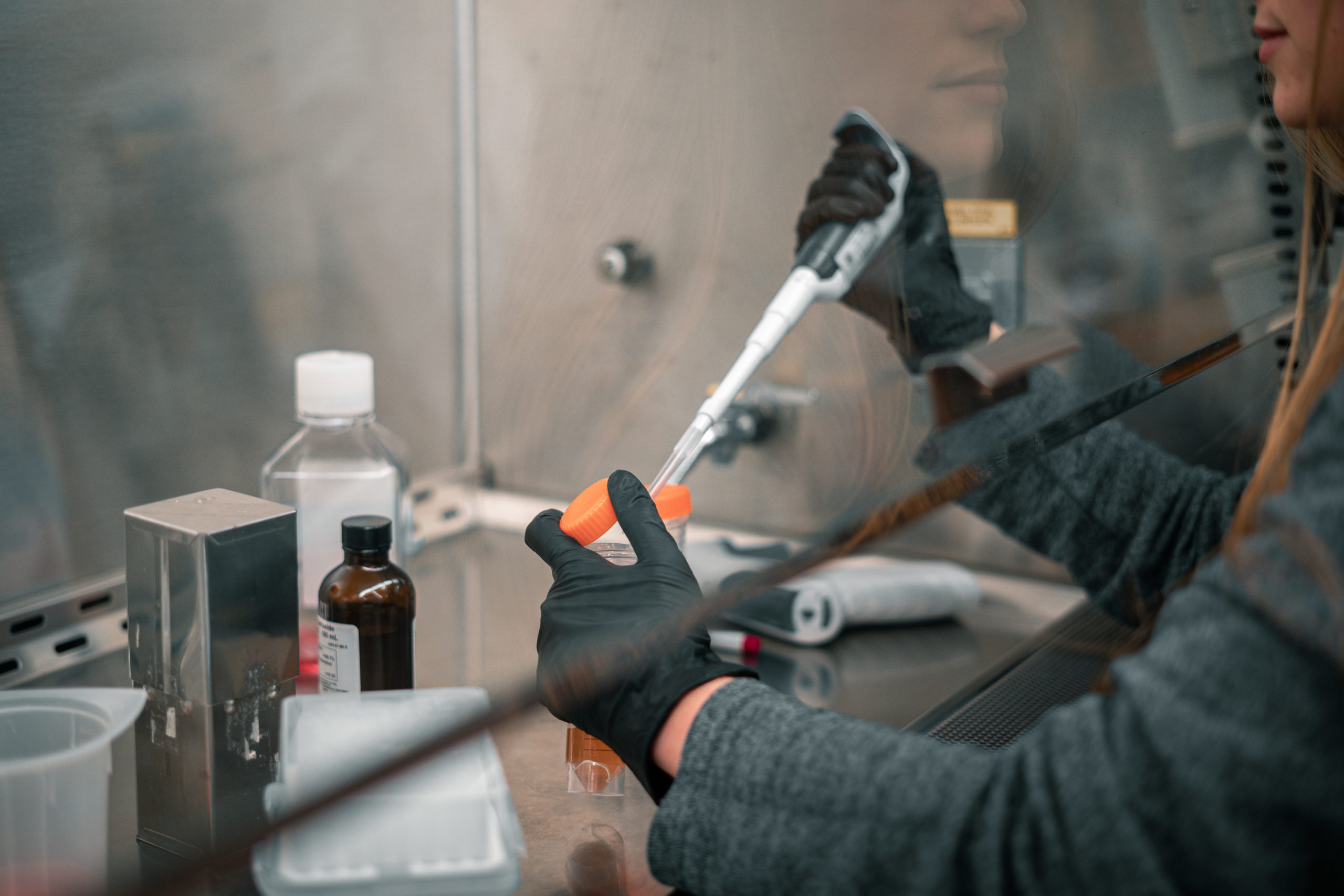
Science Lab | Photo by Soham Parikh | The Wright State Guardian
Although many people have been wearing masks, other aspects have been forgotten that could be affecting people’s health. Habits in one’s everyday life that one doesn’t notice could be putting them at higher risk for coronavirus.
Not washing your hands
According to the Center for Disease Control and Prevention (CDC), handwashing is one of the best ways to protect yourself and your family from getting sick.
If you touch your face without washing your hands, everything that you touched while you were at the grocery store could be on your face, posing an immense threat to your health if any of those contaminants enter your nose or mouth.
Not washing your hands long enough
Washing your hands is one thing, but you must wash them for long enough in order for most of the germs to come off.
If you have trouble with this, try humming or singing the “Happy Birthday” song or even the alphabet; it is important to wash for at least 20 seconds, according to the CDC.
Not disinfecting your phone
Although this might seem negligible to some, a phone can be the greatest threat after coming home from being in public.
For instance, you go to the grocery store with gloves and a mask on and you are putting items in your cart until you get a phone call. You pause to take the call and you continue the rest of your shopping. Once you finish shopping and get home, you take the gloves and mask off and wash your hands. You begin to prepare dinner and you use your phone for a recipe, for example, or you get another phone call. The whole time you forgot to disinfect your cell phone and everything you touched at the grocery store is not only on your phone, but now on your food.
It is very important to disinfect your phone often using isopropyl alcohol or even Clorox wipes.
Bringing in groceries right away
It is crucial that after you shop, you wipe down your groceries with disinfecting wipes or even keep them inside your garage for some time before bringing them into your home.
According to Dawn Wooley, member of the CDC and professor of neuroscience, cell biology and physiology at Wright State, viruses can stay on:
· plastic for about three days
· wooden surfaces for around four days
· Aerosol for three hours
· copper for four hours
· cardboard for 24 hours
· stainless steel for three days
Touching your face
This is the biggest culprit of them all. While it is something we don’t realize, we touch our face for an average of 23 times an hour, according to ETNT Health. That means that the virus has approximately 12 opportunities to infect a host every hour.
Wearing a mask can help in not touching your face and washing your hands will keep them clean if you happen to touch your face.
It is important to follow these guidelines and take care of our health during this scary time. You can help reduce the spread of coronavirus with your actions.
For more information related to taking care of your health, visit cdc.gov.
- “The Last of Us” Season Two News
- Five Poets from History Who Overcame Great Adversity
- “The Tortured Poets Department:” Deep Dive and Rave Review
